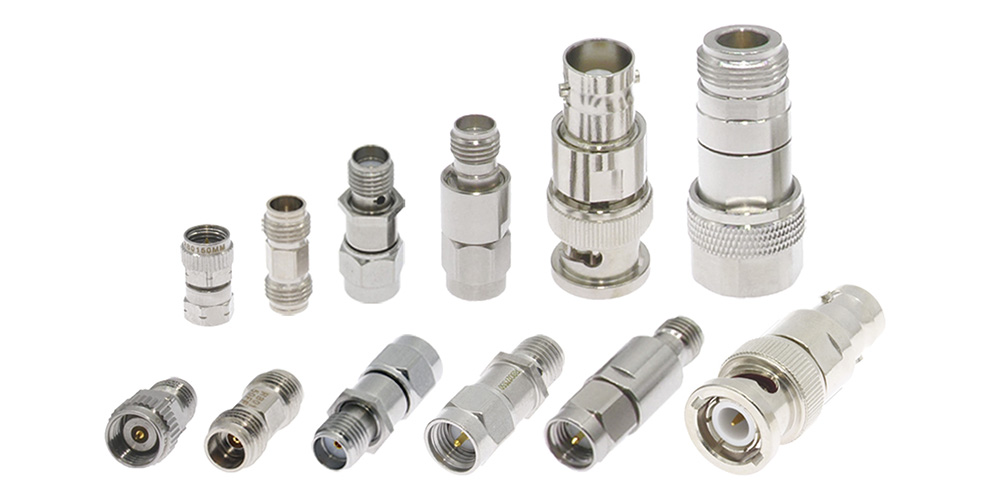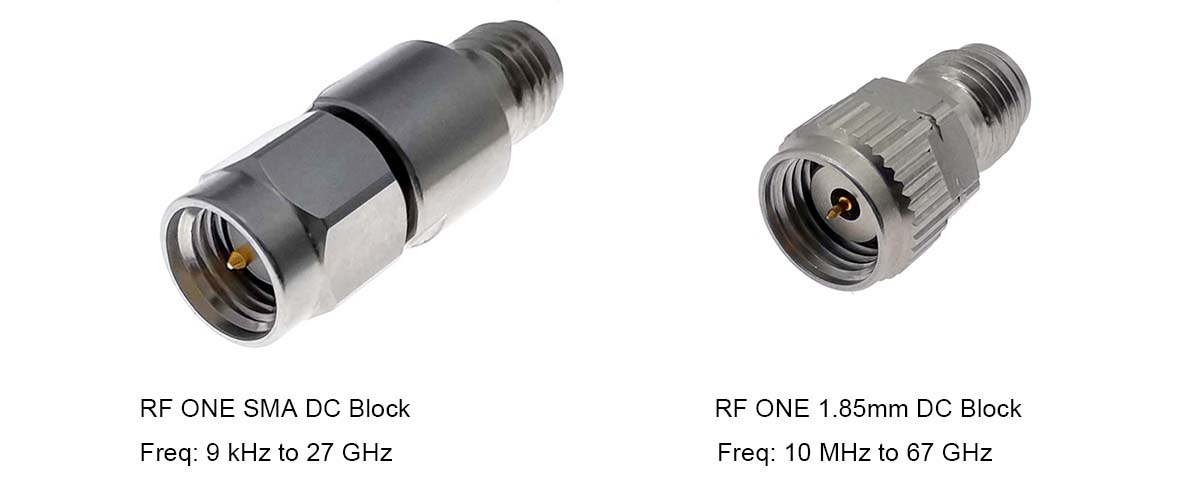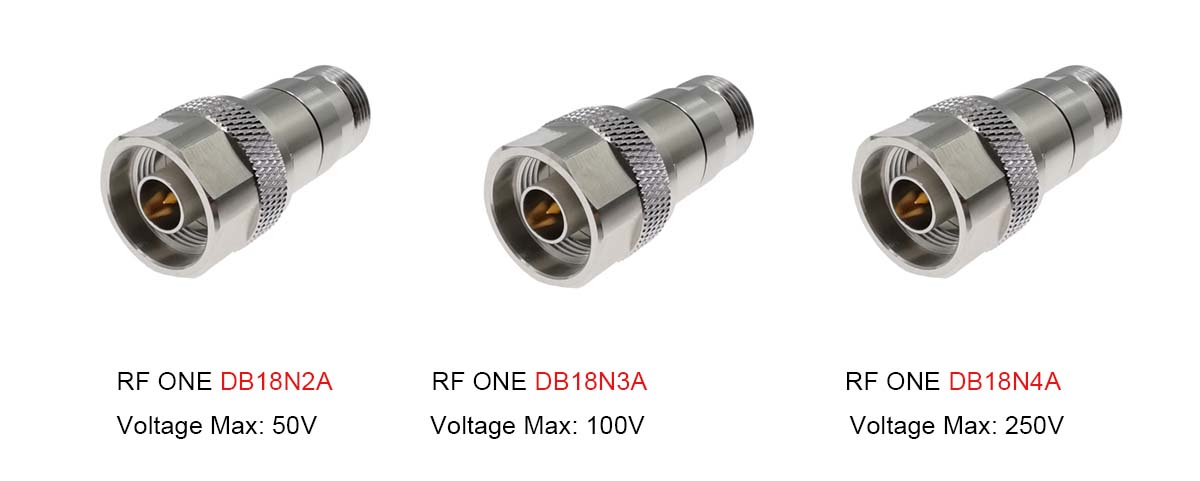How to Choose a Proper DC Block
In the ever-evolving world of electronics, there are countless components that work together to ensure optimal performance of electronic devices. One such component is the DC block, which plays a crucial role in the transmission of signals in radio frequency (RF) applications. In this article, we will dive into the details of what a DC block is, how it works, and most importantly, how to choose a proper DC block for your specific needs.
What is a DC Block?
A DC block is an essential component that allows the transmission of AC signals without allowing the passage of DC signals. This is accomplished through the use of a capacitor, which is a device that stores and releases electrical energy in a controlled manner.
In RF applications, it is often necessary to isolate certain components from DC bias, which can cause interference or even damage sensitive components. By using a DC block, only AC signals are allowed to pass through while eliminating the DC signal, ensuring the proper function of these components.
How Does a DC Block Work?
A DC block works by using a capacitor to block DC voltage while allowing AC voltage to pass through. Capacitors are electronic components that store energy in an electric field. When a DC voltage is applied to a capacitor, it charges up and blocks any further flow of DC current. However, AC voltage is constantly changing direction, so the capacitor is able to pass it through.
In an RF system, a DC block is typically placed in series with the signal path. This means that the signal passes through the DC block before reaching the next component in the system. The capacitor in the DC block acts as a barrier to any DC voltage that might be present in the signal, while allowing the AC signal to pass through unimpeded.
Three types of DC Blocks
Inner DC Blocks
Outer DC Blocks
Outer DC Blocks have a capacitor that is placed in series with the outer conductor.
Inner/Outer DC Blocks
Inner/Outer DC Blocks have a capacitor placed in series with both the outer conductor and inner conductor.
How to Choose a Proper DC Block
When choosing a proper DC block for your specific application, there are several factors to consider that will affect the performance, durability, and cost-effectiveness of the device. Let’s take a look at some of the most important factors that should be considered when choosing a DC block.
DC blocks are rated for a maximum power handling capacity, which refers to the maximum power level that the DC block can handle without being damaged. Make sure you choose a DC block that's rated for the power level of your system to avoid damaging the DC block or other components in your system.
Impedance
Impedance is a measure of the opposition to the flow of electrical current in a circuit. In RF systems, impedance matching is important for optimal performance. Make sure you choose a DC block with the correct impedance for your system to avoid reflection and other performance issues.
Build Quality
The build quality of the DC block is also important as it impacts both durability and reliability over time. Choose a device made from high-quality components and materials to ensure long-lasting performance.
Conclusion
In summary, a DC block is an essential component in RF applications, providing protection for sensitive components by blocking direct current signals while allowing only AC signals to pass through. When selecting a proper DC block for your application, consider factors such as frequency range, impedance, maximum input power, insertion loss, and build quality, among others. By choosing the right DC block, you can ensure optimal performance and durability of your RF system. Whether you choose a passive or active DC block, make sure to select a device that meets your specific needs for frequency response, power capacity, and signal purity.
RF ONE offers a wide selection of 1.85mm, 2.4mm, 2.92mm, N Type, SMA inner DC Blocks, featuring a broad frequency range, excellent return loss, and very low insertion loss. If you have any needs for DC Blocks, please visit www.rfone.cn or contact us via sales@rfone.cn.
- February 2026
- October 2025
- September 2025
- July 2025
- May 2025
- March 2025
- January 2025
- December 2024
- November 2024
- October 2024
- July 2024
- June 2024
- May 2024
- January 2024
- October 2023
- August 2023
- July 2023
- June 2023
- May 2023
- April 2023
- March 2023
- February 2023
- January 2023
- December 2022
- November 2022
- October 2022
- September 2022
- August 2022
- July 2022
- June 2022
- May 2022
- April 2022
- March 2022
- February 2022
- January 2022
- September 2021
- March 2021
- January 2021
- September 2020
- April 2020
- March 2020
- January 2020
- November 2019
- July 2019
- June 2019
- July 2018
- April 2018
- March 2018
- April 2017
- February 2016
- November 2015
- July 2015
- September 2014
- April 2014



